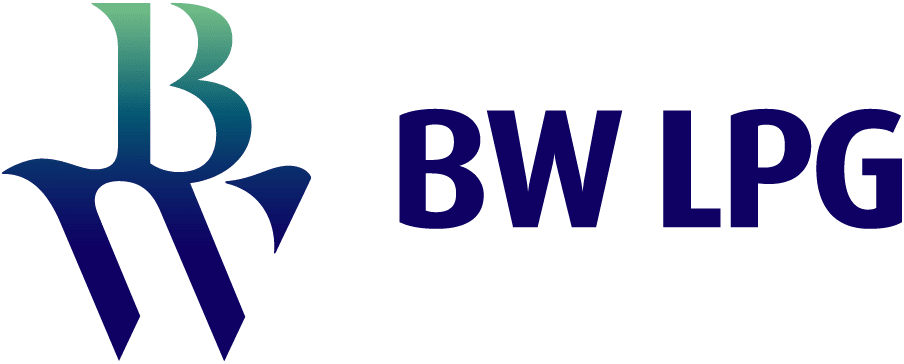Our sustainability actions are guided by what matters most
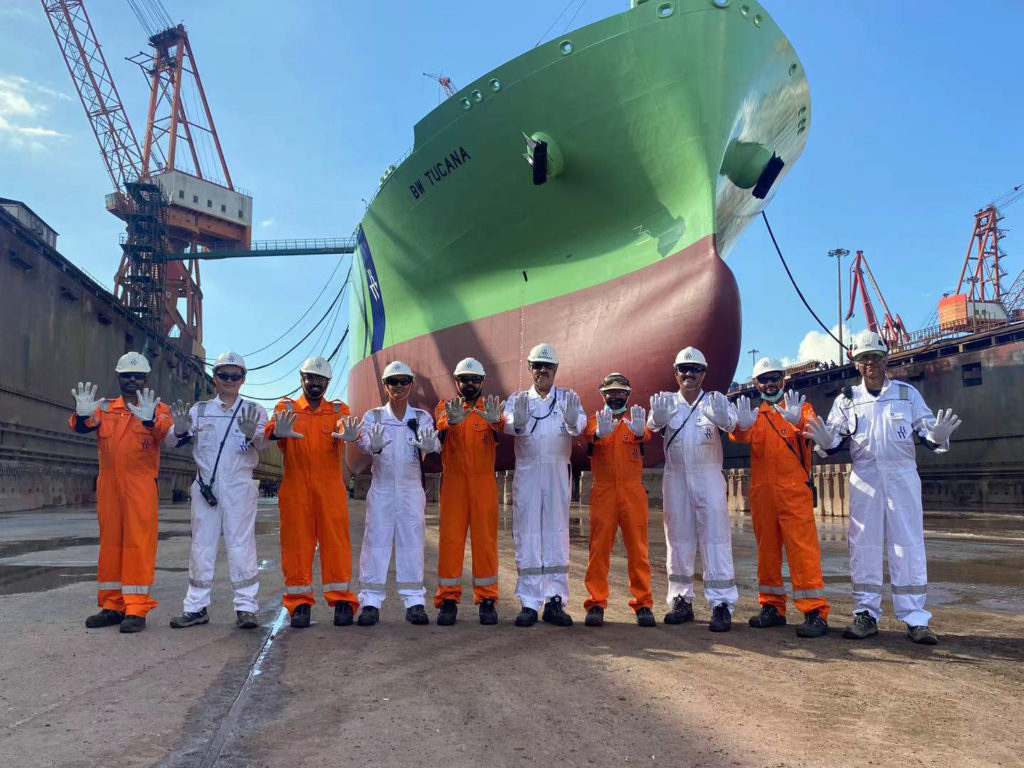
Double Materiality Assessment
In 2024, we revisited our materiality assessment to examine the materiality of each ESG topic from two dimensions: our impact on the environment and society, and the financial impacts on the business. This double materiality assessment (“DMA”) forms the cornerstone of the Company’s ESG strategy, priorities and baseline for reporting.
The DMA was conducted in four stages.
1 Input | |||
| Stakeholder Survey and Engagement + Enterprise Risk Assessment | |||
2 Assessment | |||
| Environmental and Social Impact | Business (Financial) Impact | ||
| Input and feedback were collected to understand the concerns and impacts of ESG topics from key stakeholders’ perspective: | All business units assessed the risks and opportunities faced by BW LPG in the short, medium and long term. Combining the annual enterprise risk management process with the stakeholder materiality assessment ensures congruency between business aspirations and ESG. | ||
|
| ||
3 Validation | |||
| Cross referenced with industry and market trends, regulations, ESG ratings and recognised frameworks/standards. | Validation by BW LPG Executive Management. | ||
4Results— Identification of Material Issues to Prioritise | |||
Corporate governance
High standards of reporting and governance structures
Emissions and energy
Manage energy efficiency and fuel consumption, greenhouse gas and toxic emissions
Waste management
Reduce, reuse and responsibly dispose of waste to minimise environmental impact
Water management
Sustainable use and preservation of water resources
Health and safety
Health, safety and welfare assurance for onshore staff, crew and contractors
Our people
Provide growth opportunities, training and fair workplace packages
Operational excellence
Continuous improvement in processes and systems to maximise efficiency, quality and organisational resilience
ESG Governance
Our Board of Directors oversees ESG strategies, risks and initiatives. Our Audit Committee monitors progress of ESG initiatives and ensures integrity of reporting. Our Executive Management formulates ESG strategies and drives initiatives, and a cross-department team within BW LPG, represented by various Heads of Departments and senior colleagues of the Company, meet regularly to discuss our sustainability approach and focus topics.
This is led and supported by the entire Executive Management with their deep maritime experience. For each material topic, action plans and targets are set with policies and clear governance structure put in place to ensure accountability.
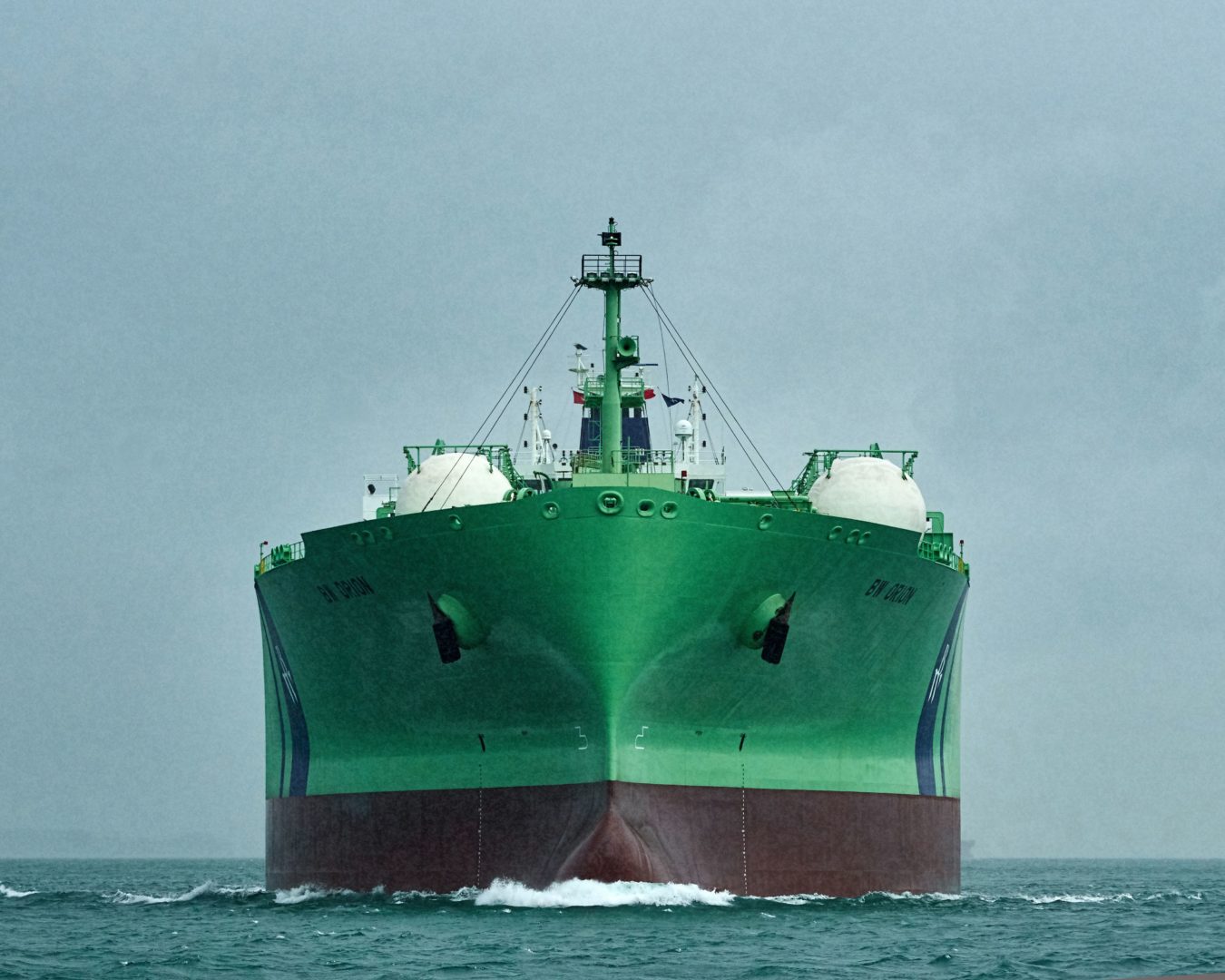
Sustainability Approach
At the core of our sustainability approach is the purpose of BW LPG – where we deliver energy for a Better World.
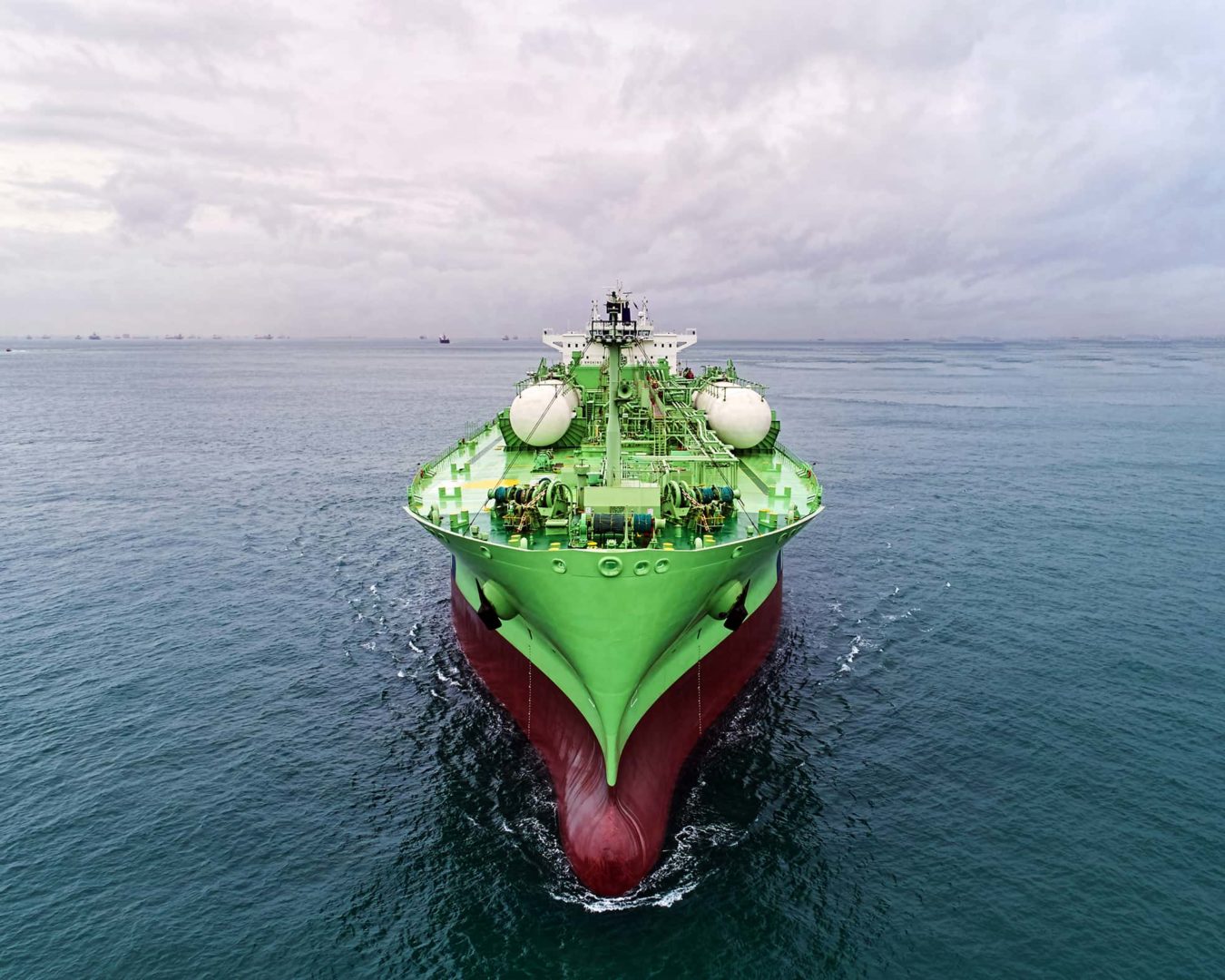
Sustainability Strategy and Governance
Guided by our Vision and Purpose, our sustainability strategy is based on three key pillars and are underpinned by our CARE values.
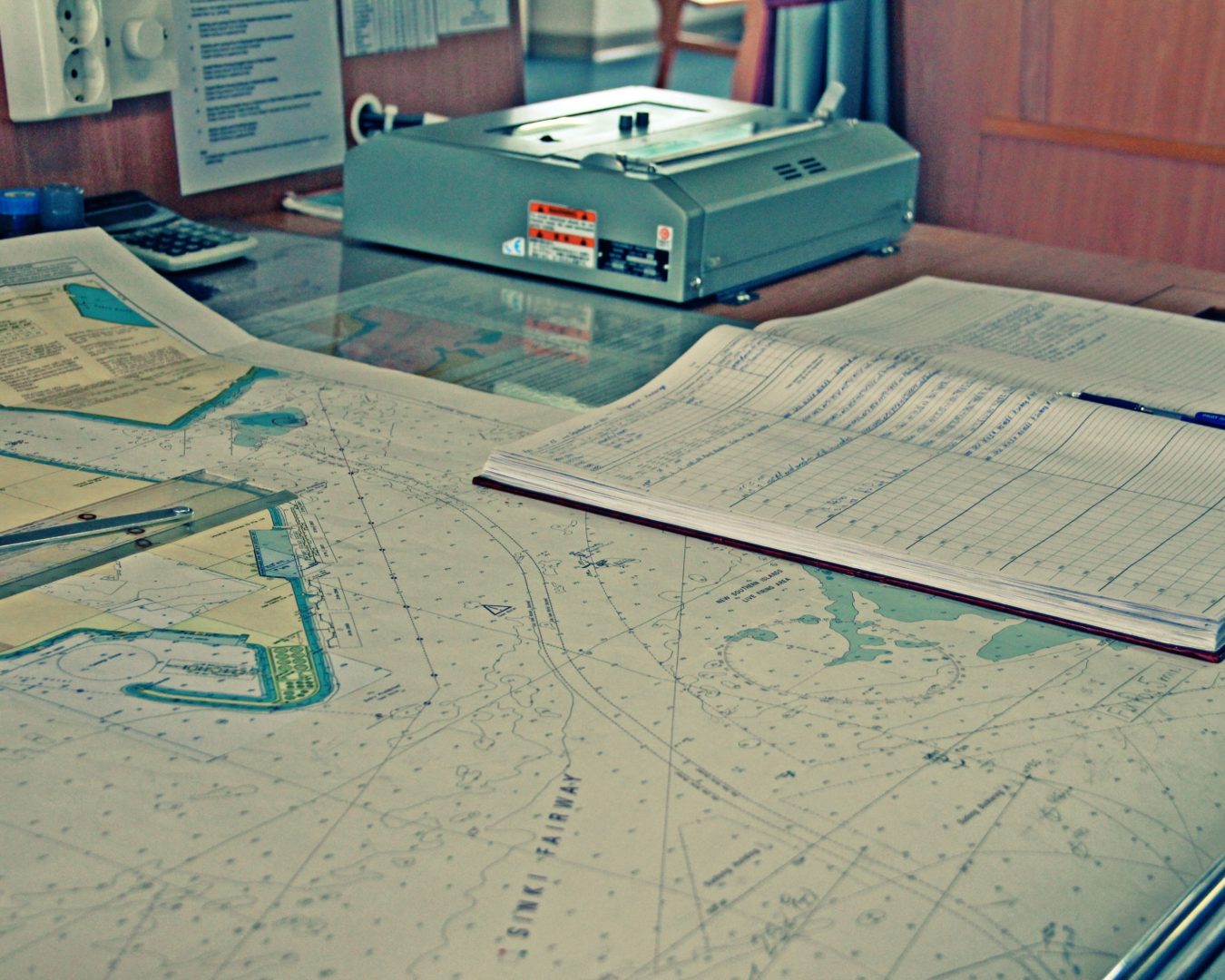
Targets and Performance
Committing ourselves to the transparent sharing of information on key ESG metrices so as to monitor our performance.
